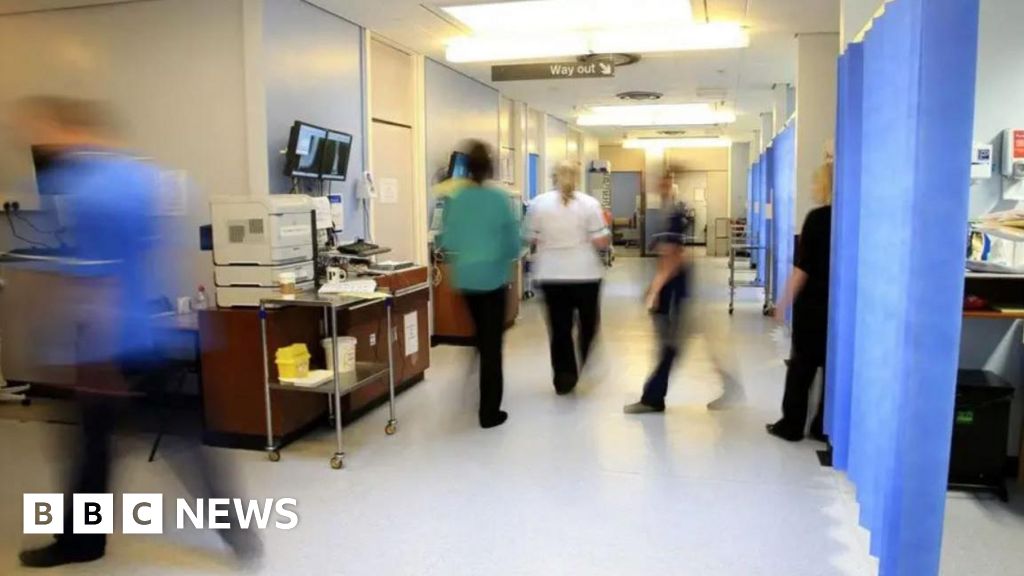Liverpool Hospital A&E Wait Times Skyrocket
Understanding the Critical Incident
The Royal Liverpool University Hospital's announcement of a "critical incident" reflects an extraordinary situation, where the hospital must prioritize resources and management to cope with the emergency department's demands. Such declarations are rare and indicate the gravity of the challenges faced by the hospital.
Impact on Patients and Healthcare Workers
Patients have experienced significant delays, waiting up to 50 hours in some cases, which has caused immense stress not only for them but also for their families. Healthcare workers, too, are overwhelmed, working tirelessly in a bid to manage the high influx of patients while maintaining quality care.
“The dedication of the staff here is unwavering, but the strain on our resources and personnel is palpable,” said a hospital representative.
Factors Contributing to the Situation
- Influenza Surge: A significant rise in flu cases has put additional pressure on the hospital's resources, demanding more from the already overstretched emergency services.
- Staffing Shortages: Like many other healthcare facilities nationwide, the Royal Liverpool Hospital grapples with staffing shortages that complicate effective patient care.
- Aging Infrastructure: The healthcare infrastructure at the hospital often struggles to accommodate the growing number of patients, necessitating more rapid responses and efficient management strategies.
The Way Forward
The hospital urges individuals to seek alternative healthcare options like general practitioners or urgent care centres to alleviate the burden on A&E. There's a pressing need for policy reforms and enhanced resource allocation to strengthen the emergency response capabilities of the hospital.
Related Health Products on AmazonPublic Response and Government Action

The community has shown significant concern trending on social media, with calls for swift government intervention. Discussions are buzzing on platforms such as Twitter and Facebook urging accountability and prompt action from the health authorities.
The situation at the Royal Liverpool University Hospital is a microcosm of a broader issue impacting healthcare systems worldwide. Understanding these challenges can inform better healthcare policies, benefiting not only Liverpool but also much beyond its borders.
